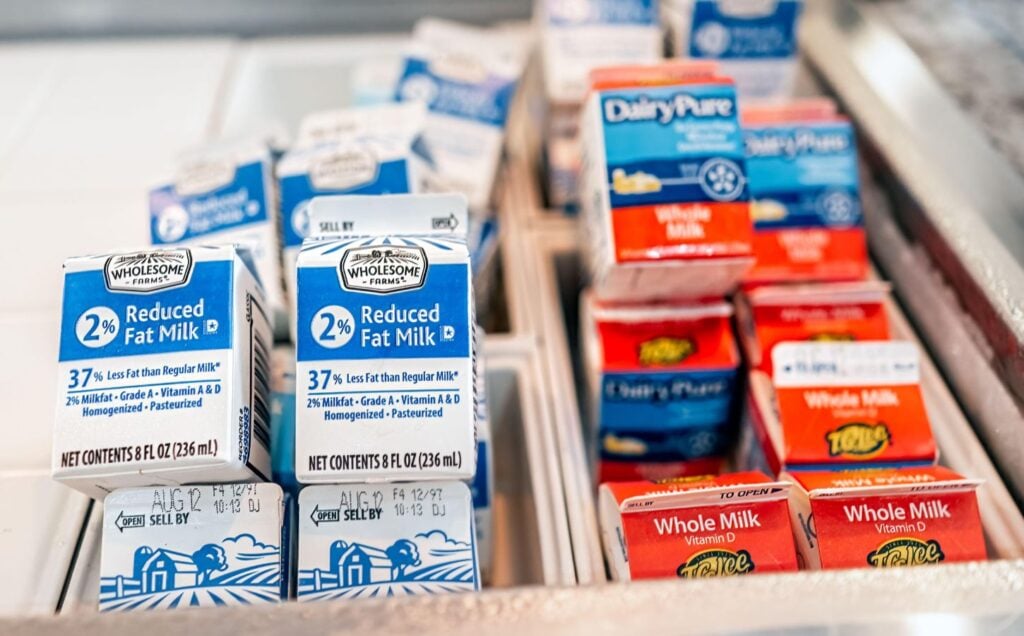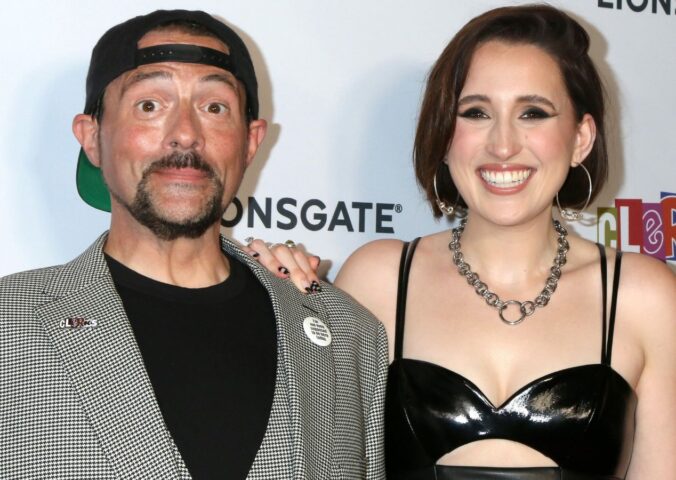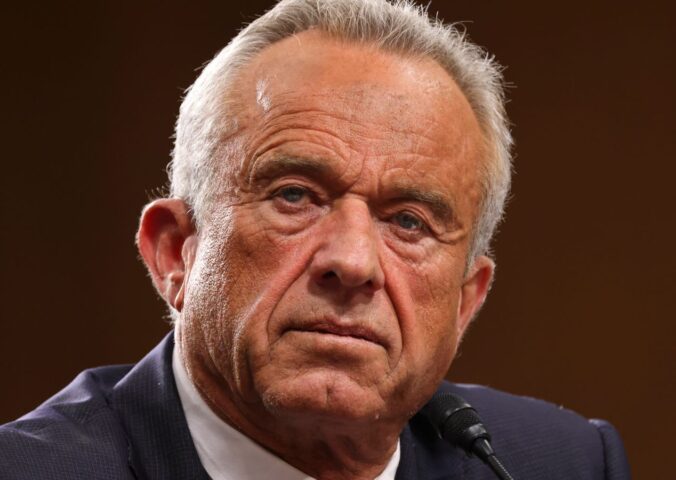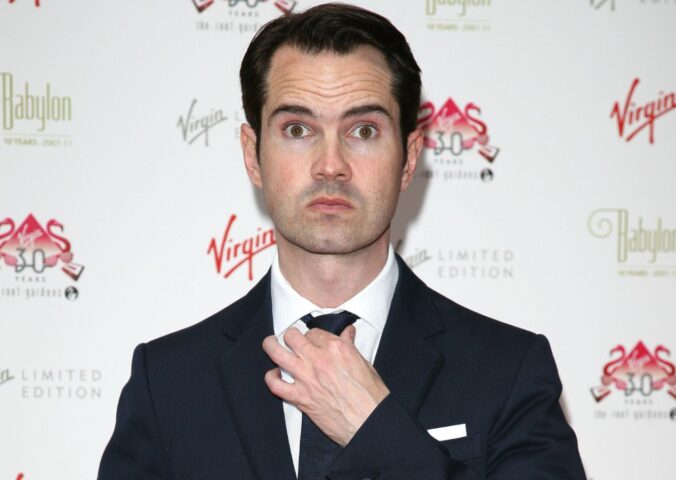A high school student in the US is suing her school district after she was told she couldn’t promote plant-based milk without promoting dairy alongside it.
Marielle Williamson, 17, is a senior at Eagle Rock High school in Los Angeles. A vegan of almost three years, she asked if she could hold a day of action to highlight the issues associated with dairy milk, as well as promote the benefits of plant-based milk. The school administration told her she could only go ahead with the plan if she promoted the benefits of dairy. According to Williamson, this would “defeat the entire purpose of the campaign.”
She decided to join a lawsuit filed by Physicians Committee for Responsible Medicine, a nonprofit that advocates for preventative plant-based medicine. Together, they are accusing the United States Department of Agriculture (USDA), Los Angeles Unified School District, and school administrators of violating her first amendment right of free speech.
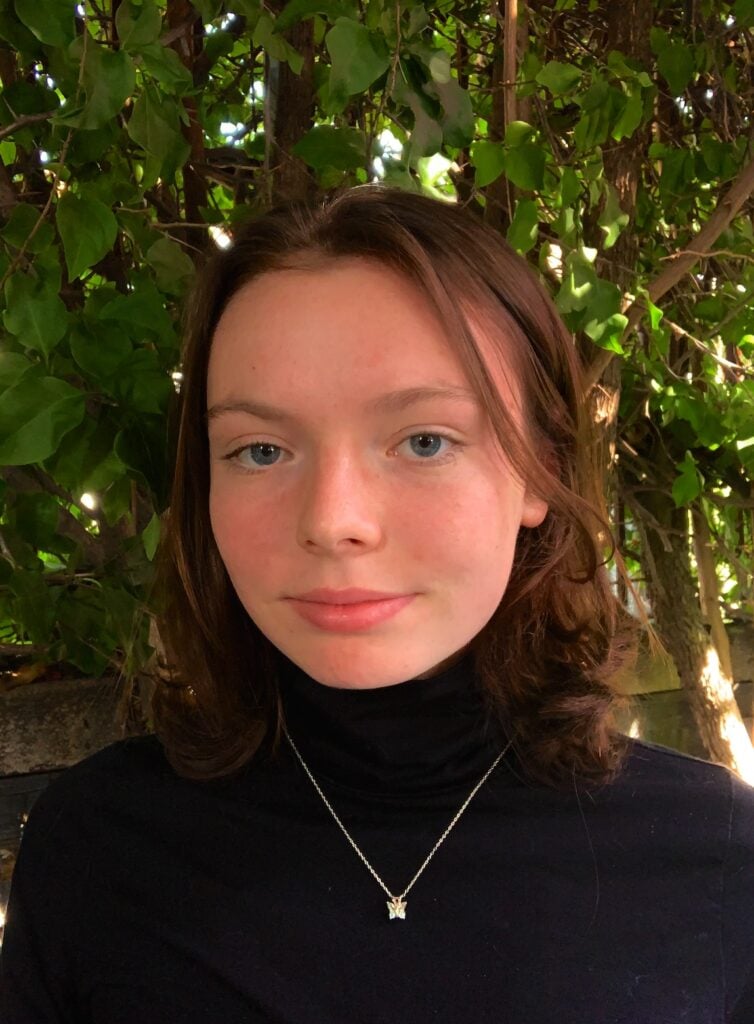
“One of the biggest things we’re trying to do is to spread awareness to this information that is overshadowed by dairy industry propaganda,” she told Plant Based News (PBN).
She added: “We’re also hoping that this will cause enough of an impact to change that federal law. And to hopefully allow for new legislation that mandates that any school participating in the National School Lunch Program require that plant-based milk is an option, regardless of intolerance, regardless of medical condition.”
Dairy in US schools
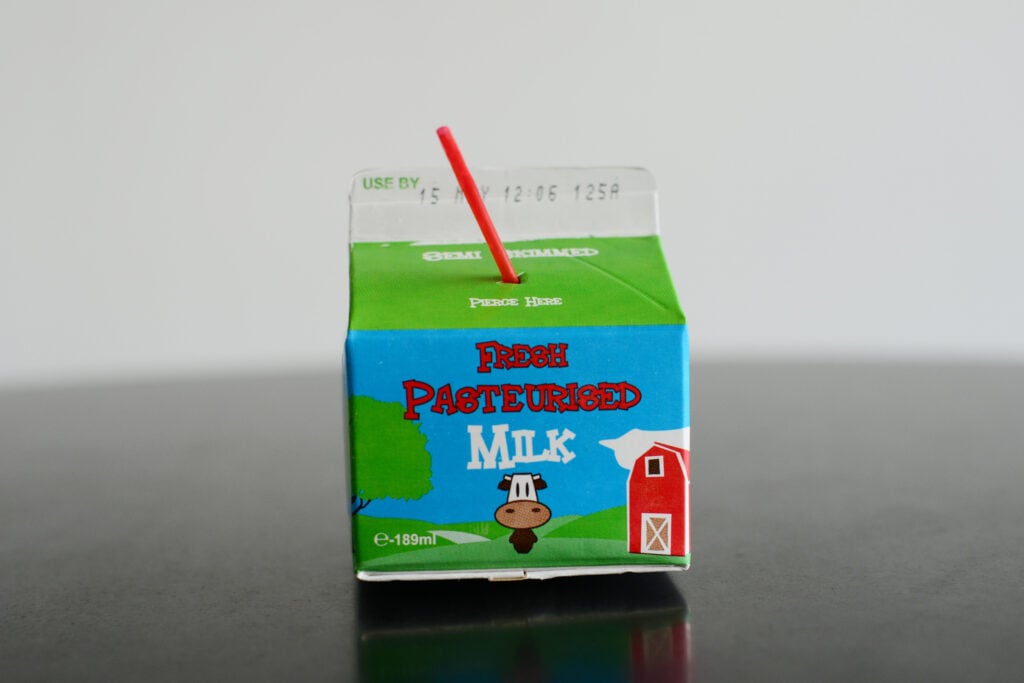
In the US, it is mandatory for schools participating in the National School Lunch Program to serve dairy milk in cafeterias. They are also prohibited from “directly or indirectly restricting the sale or marketing of dairy milk on school premises.” The USDA website states that fat-free and low-fat milk “contain essential nutrients that kids need to grow and thrive.”
This is despite the fact that an increasing number of young people are moving away from fluid dairy milk. The New York Times recently described Gen Z as the “Not Milk generation” (a play on big dairy’s famous “Got Milk?” adverts). It was in reference to the fact that younger people are increasingly opting for plant-based alternatives on ethical or environmental concerns.
Williamson has also highlighted that milk can have significant health costs for many of her classmates. “Some are lactose intolerant, some are grossed out by it, and it’s just so pushed on them,” she told PBN. “Not only do they not really have another option, if there is another option they’re discouraged. It’s almost hidden from them.”
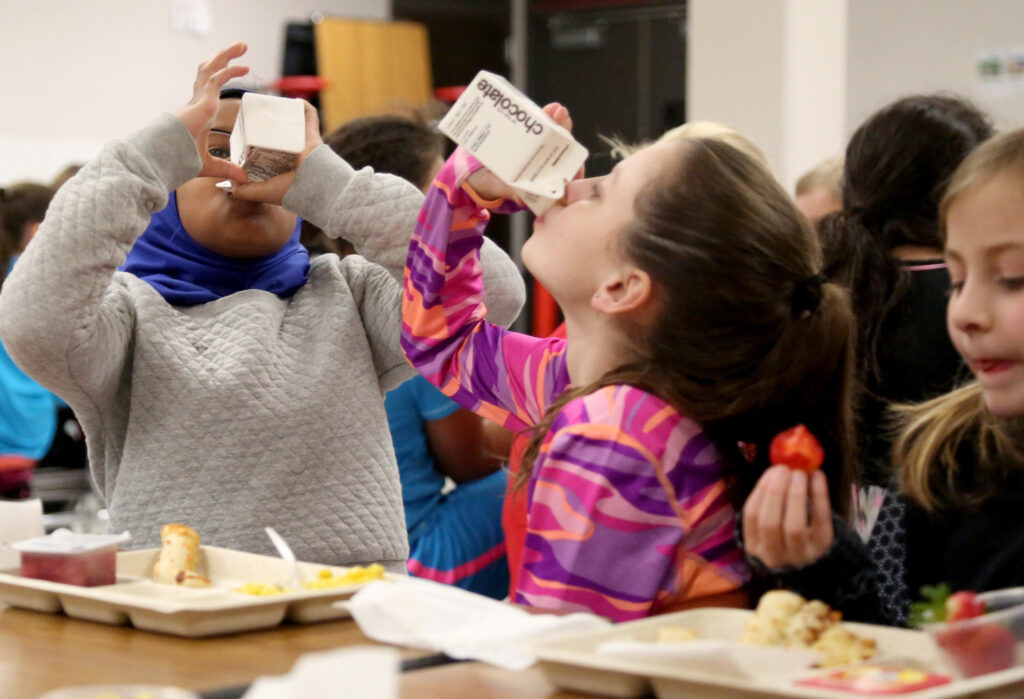
Lactose intolerance is particularly prominent in people who are Asian American, Black, Indigenous, and Hispanic. The continued promotion of dairy in schools has, however, long been considered as problematic and racist by many groups.
The problem with dairy
There are around 9.4 million dairy cows in the US. The animals tend to be forcibly impregnated each year until their bodies are “spent.” Following this, they have their calves taken from them. When their bodies are worn out, they are sent to the slaughterhouse.
Additionally, slaughterhouse work is highly dangerous and often leads to significant mental health problems for employees. More and more people are therefore abstaining from animal products due to concerns about human rights. Dairy also uses up a great deal of land, and is responsible for around four percent of global greenhouse gas emissions.
Despite growing awareness of the costs of dairy, coupled with the health impact it has on much of the population, the government continues to give out billions of dollars in subsidies each year.
“They are continuing to invest in an industry that is declining,” Williamson said. “And that is not benefitting anybody.”
